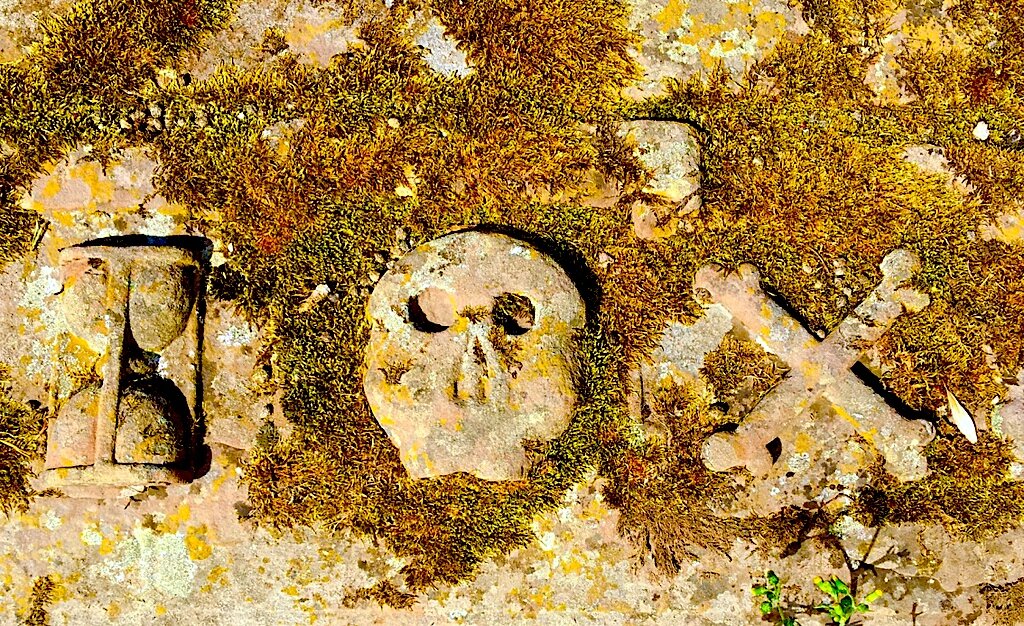LEGACY OF LANGUAGE
I just had an email conversation with a friend about an article from Rolling Stone Magazine titled, The Whole System Collapsed: Inside the Music Industry’s Ongoing Distribution Crisis, about a major CD/vinyl distribution fiasco that caused many artists and retailers huge revenue losses. I came back to him about my streaming income plight. Since October 2018, even with a ridiculous number of streams and downloads, I still have yet to be paid. That's because the threshold for writing a check is $15, and in fifteen months, I've only made $13.81. Possibly worried that I fear my hard work as a songwriter is all for nought, my pal responded with an article about embracing the idea that you'll never leave a legacy so "...we are free to choose a more meaningful lodestar to guide our lives, rather than chasing the ephemeral possibility that our names will be spoken with gravitas once we're dead." In that article by Olivia Goldhill, Conan O'Brien was quoted as saying, "...eventually all our graves go unattended."
For obvious reasons, I don't expect that I'll worry much about anything when I'm dead, but this train of thought about legacy reminded me of recent conversation that followed watching a solo show about Walt Whitman. Parts of the play, Plurality of One, by playwright Joe Christiano, sought audience participation. Prompted by the lone actor the way a minister prompts a marrying couple to recite their wedding vows, we - the audience - chanted a portion of Whitman's Song of Myself. By speaking his words out loud - sometimes as a chorus, and sometimes one audience member at a time, we summoned Whitman. Speaking his words made us focus on them, and allowed us to hear Whitman's voice. This also happens when we sing, or tell stories, as those are things meant to be heard out loud, not merely read in silence. Doing so, we call to mind the original songwriter's thoughts, and even in the case of traditional song where we've completely lost the knowledge of who wrote it and possibly even when it was written, we visit the thinking and emotions presented in that song - possibly hundreds of years later.
So while it is true that all our graves eventually go unattended, universal themes of human experience throughout time as expressed by forgotten authors, may still be recited, summoned, and felt. I think that's a perfectly sufficient and lovely legacy to leave.
